
Plants with leaves as sharp as razor blades. Plants that smell like rotten meat. Plants that will cause severe gastrointestinal problems if ingested. These all sound like great garden additions, right? Let me run right out to the nursery and buy all of these “nasties”! I think you’d be in the minority if that’s what you’re thinking.
When you see the first part of the headline on page 36, “Nasty Plants …” (Online: 12 Beautiful Plants That Evolved Nasty Defenses Against Pests), you might think we’ve lost our minds here at Fine Gardening. But take a closer look at the second half of that headline: “… for a Nicer Garden.” This feature by Bonni Engelhardt confronts a harsh reality, head on. Most gardeners battle deer, bunnies, gophers, and myriad other fuzzy plant predators. According to the U.S. Fish and Wildlife Service, there are approximately 36 million deer in the United States. Now I have no idea how they determine these sorts of things, but that count seems strangely accurate to me. As I sat down to write this letter, I glanced out my office window to see a sizable harem of female deer making their way along the woodland edge of my property, their sights set on my ‘Filips Magic Moment’ arborvitae, no doubt. “I need to get out there with some spray,” I thought.
Winter is on the horizon here in New England, and the four-legged pests are getting brazen. But I’m getting tired of dousing certain plants with deterrents on a regular basis. Given the size of my garden and the expense of building materials, however, a fence is not a viable option unless bankruptcy is a term I find palatable.
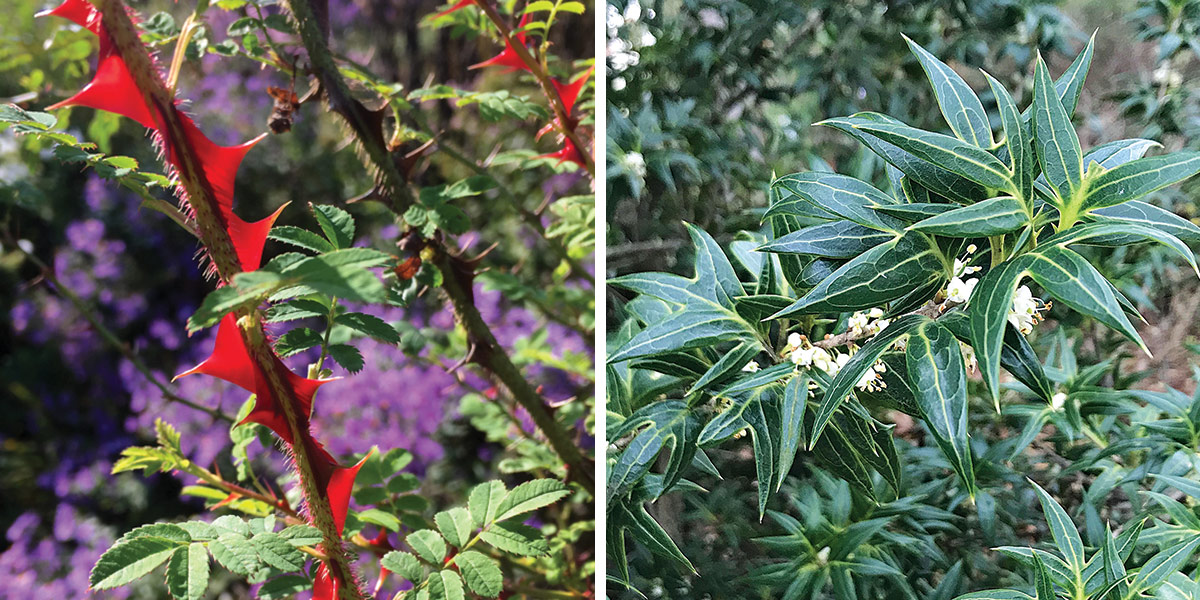
This is why the concept laid out in Bonni’s article is so appealing to me. Why not fill our beds with plants that protect themselves? These options aren’t ugly by any stretch of the imagination. In fact, if gardeners were simply presented with the plant list and no topic classification, I’m sure most of them would add many to their 2024 shopping lists. Who wouldn’t be taken by the arresting site of a backlit winged thorn rose?
Now, these “nasties” don’t come without a warning label. If you have children or pets that like to graze upon the garden’s offerings, toxic plants aren’t a good choice. And you are going to need some long-handled pruners and a sturdy pair of leather gloves to trim a few of these selections if you value the skin on your arms at all. But that seems like a small price to pay for an array of plants that will never require any protection from me to look great.
Despite all the deer spray I administer, my arbs still get browsed every year. And trust me—‘Filips Magic Moment’ isn’t so magical when it looks like a diseased, misshapen arrow. That’s a sight that truly deserves the label “nasty.” Spring task list, item #1: Remove arborvitae; replace with ‘Sasaba’ holly tea olive.
—Danielle Sherry, executive editor
Issue 214 is available online now
See the article Danielle references in her letter:
12 Beautiful Plants That Evolved Nasty Defenses Against Pests







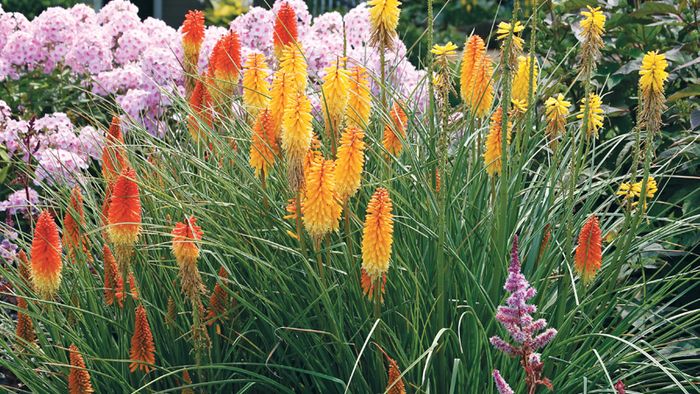
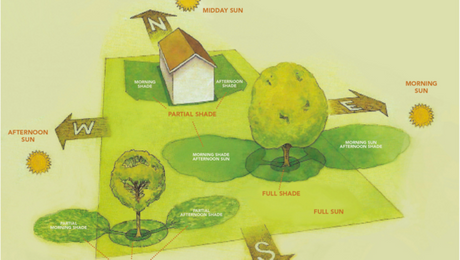
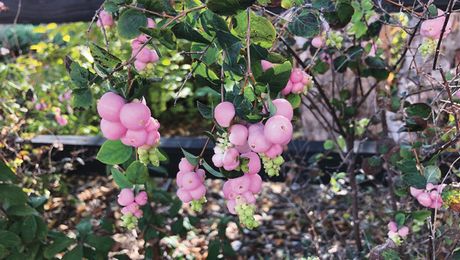

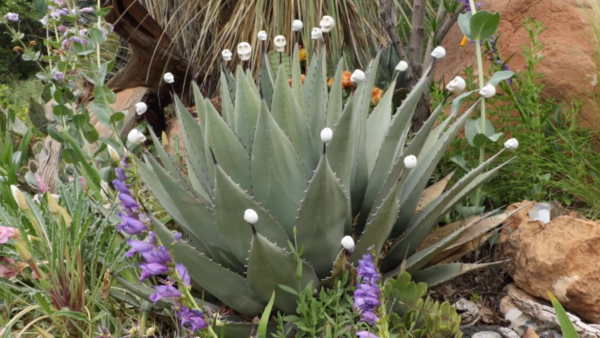
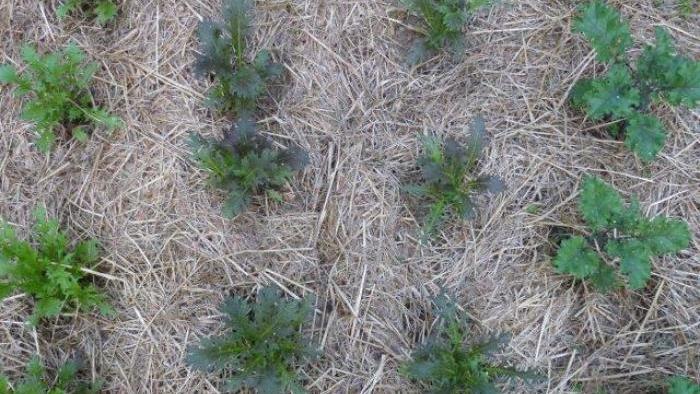






Comments
Log in or create an account to post a comment.
Sign up Log in